|
In psychology, the Window of Tolerance (WOT) describes that physical, emotional, and psychological 'space' we're in when we're most ourselves; it's here that our nervous system is at its best. I like to describe the WOT as The Place of the 6 Cs: where we're most readily able to sink into calmness, connection, confidence, compassion, curiosity, and constructive communication. Or the Window of Wonder (the WOW space) because it's that 'place' where we're able to experience awe and wonder; to be most attuned to the divine spark that exists within us and all around us.
The intensity of our emotions, and our ability to regulate our behaviours that result from them, are important clues about how close we are to our Window of Wonder, and what we can do to help calm or rev up our nervous system and enter into our optimal activation zone. Learning to be in our WOT is key to a life of seeing with the "eyes of the heart" (Ephesians 1:18); of recognizing the sacred in our everyday lives.
0 Comments
Sometimes, I awaken,
And don't know If I'm really awake. Do you ever get that feeling Of being disoriented As you trip on the divide Between here and there? I hate it, that feeling Of disorientation; It terrifies me, Reminds me of The Alzheimer's, And of The Going Mad, And of how we don't really know what we don't know, Or where we are, Or when we are. Catherine Anne Kilbride May 25, 2020 [T]here is a cloud floating in this sheet of paper. Without a cloud, there will be no rain; without rain, the trees cannot grow; and without trees, we cannot make paper. The cloud is essential for the paper to exist. If the cloud is not here, the sheet of paper cannot be here either. So we can say that the cloud and the paper inter-are. Do you see the clouds in your coffee or tea? Do you see colours and shadows, the movement of ripples or drops, the swirling of steam through the air? Do you see the tree upon which your coffee's beans grew, the rains that watered its thirsty roots, the worker who toiled to bring you your morning drink, and the family to which (s)he returned after a hard day's work? Or are you too overwhelmed to notice your drink because you feel worried, angry, tired, or numb, something that is surely be understandable in our harried lives?
In his poem The Guest House, Sufi mystic and poet, Rumi, compares this business of living, of being human, to a guest house: every morning (if not moment), a new emotional experience arises. And like unexpected guests, some feel joyful and easy, while others feel heavy and burdensome. During this global era of Covid-19, our inner landscape can feel so raw as we're pushed to our limits time after time. Like a guest house innkeeper, we may feel stuck with our these myriad guests: this full range of emotions that bombard us, sometimes by the day or the hour. Rumi invites us to consider the possibility that each of these guests, whether welcome or unwelcome, is a guide that has been sent from God.
Beloved teacher and pastor Henri Nouwen said, "The spiritual life does not remove us from the world but leads us deeper into it."
|
AuthorCatherine is an educator, interfaith spiritual director, and retreat facilitator who delights in the ordinariness of her life in Ottawa, Canada. In her work, she draws on the riches of the mystical traditions, especially those of her ancestors, the Christian Celts. Catherine thinks the greatest prayer she can offer to God and the world is to look and listen for the Divine Spark in each and all, and in every moment. About the sacred nowIn writing the sacred now, my hope is that together, we'll enter together into the sacredness of our everyday lives - wherever and whatever they may be. ArchivesCategories |
Proudly powered by Weebly

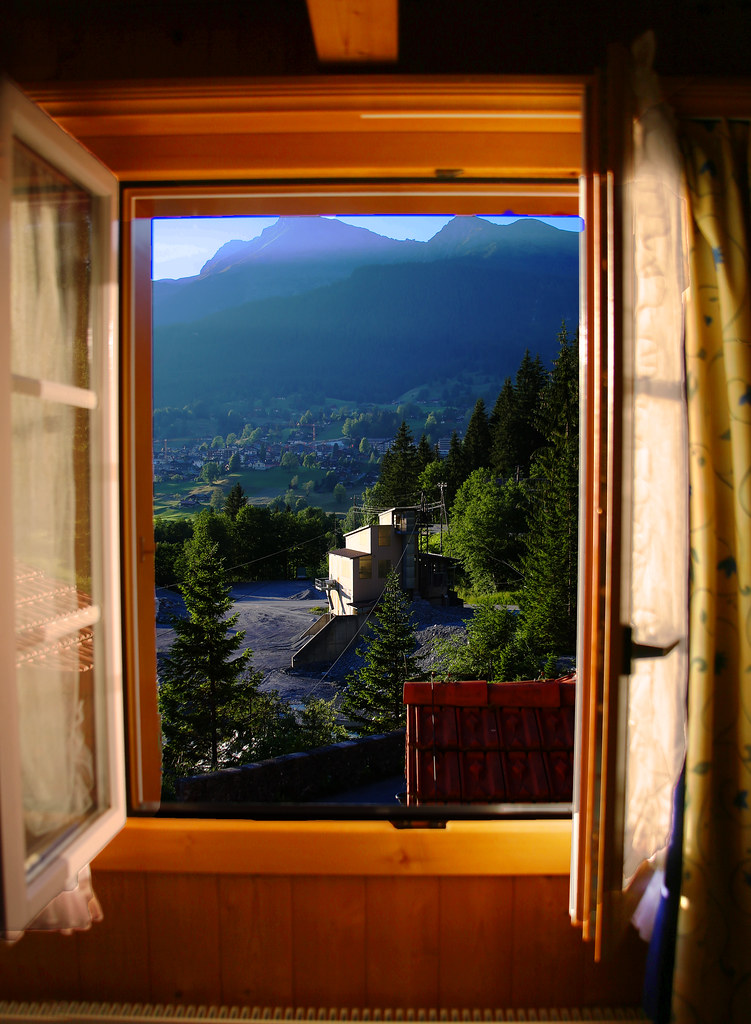
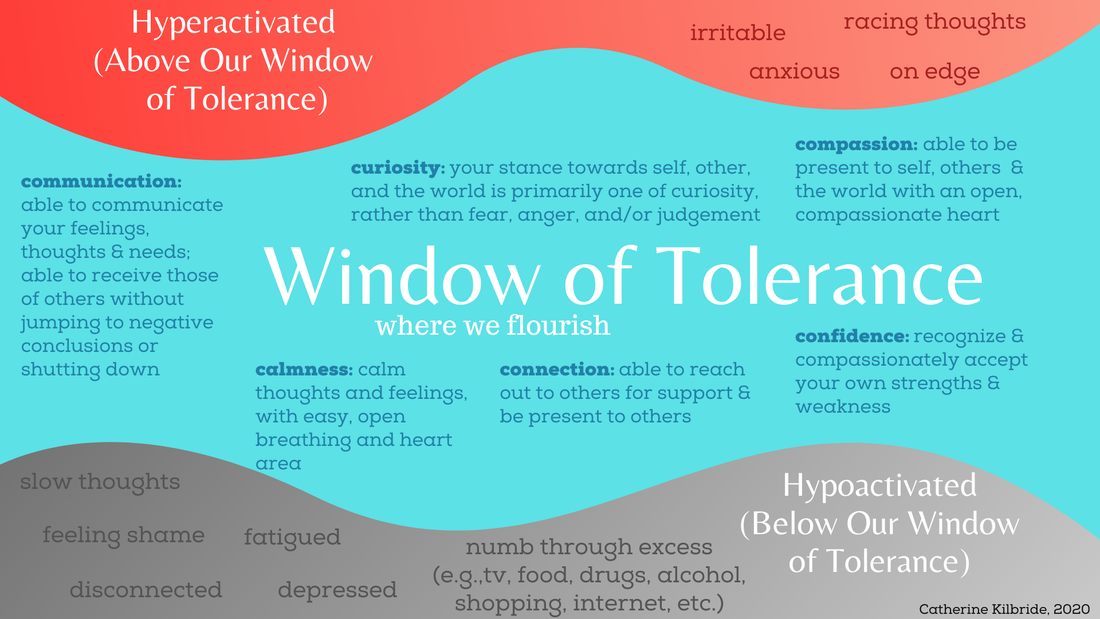


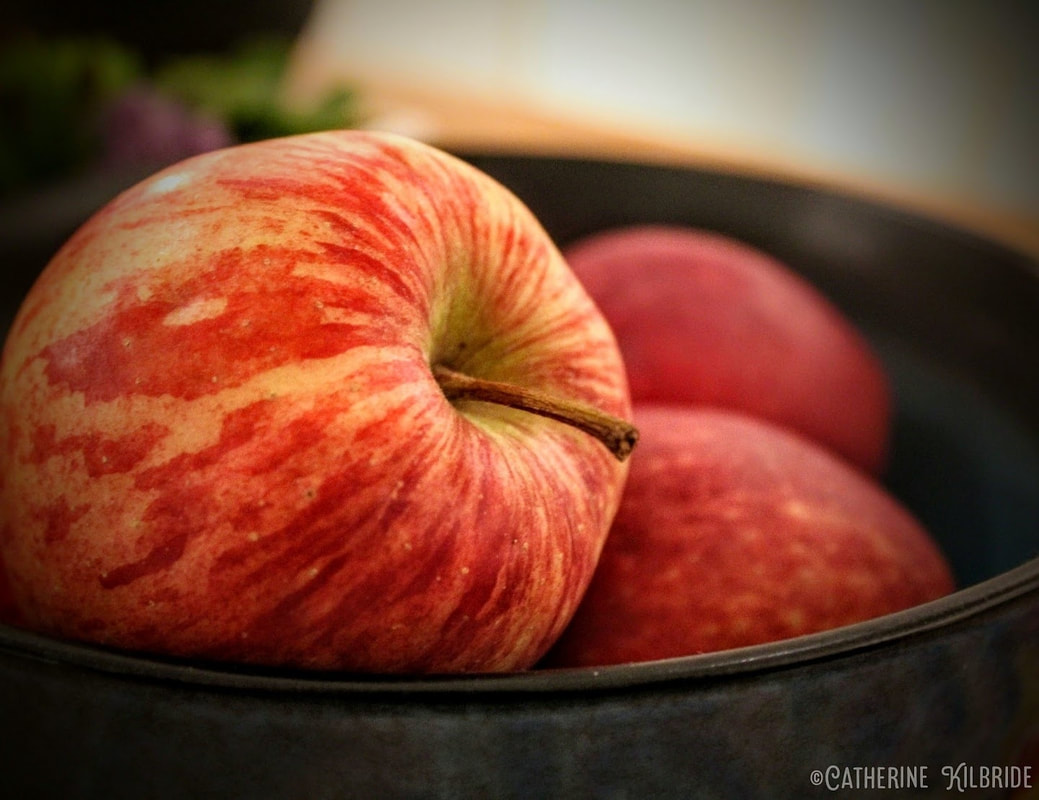
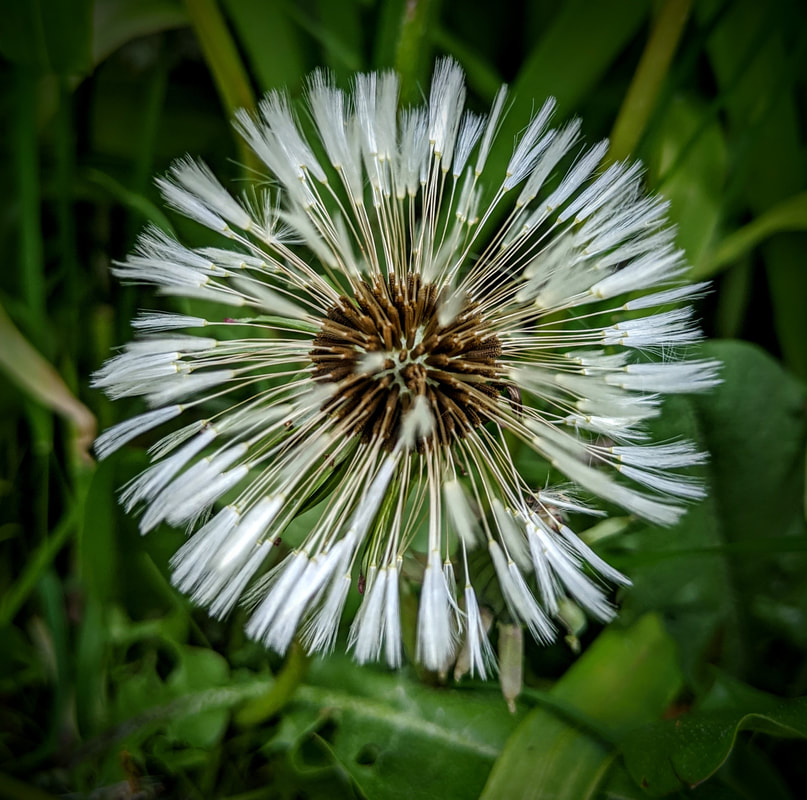
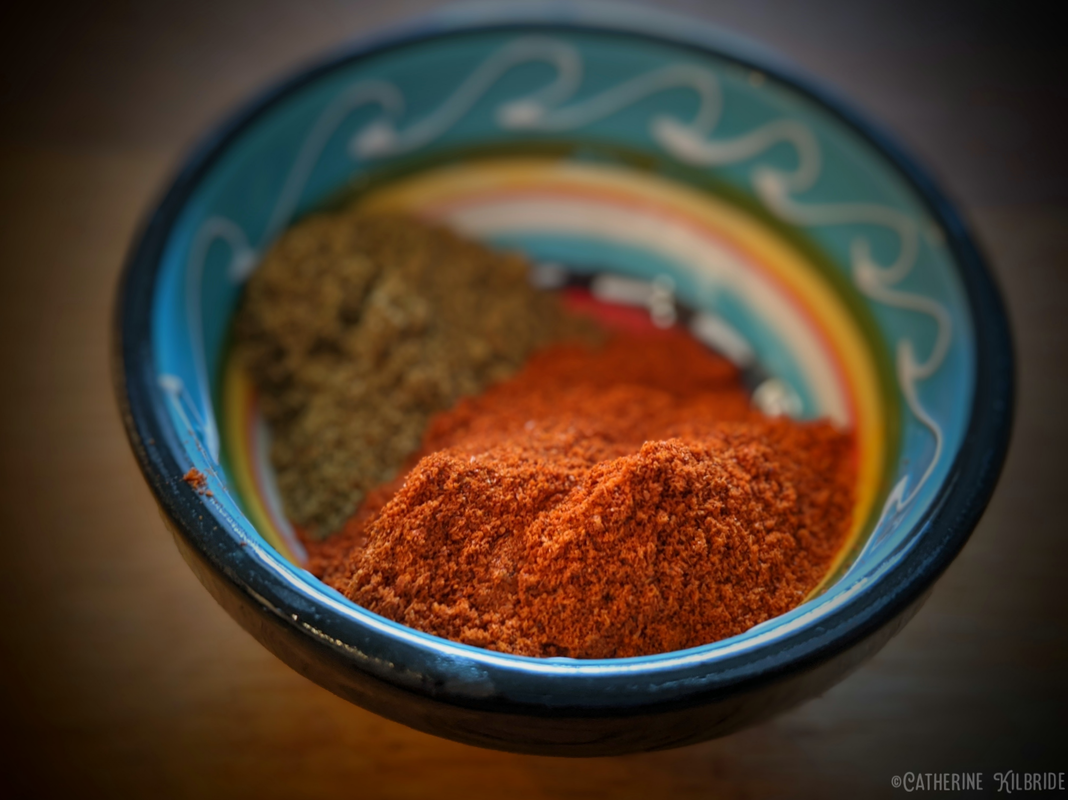





 RSS Feed
RSS Feed